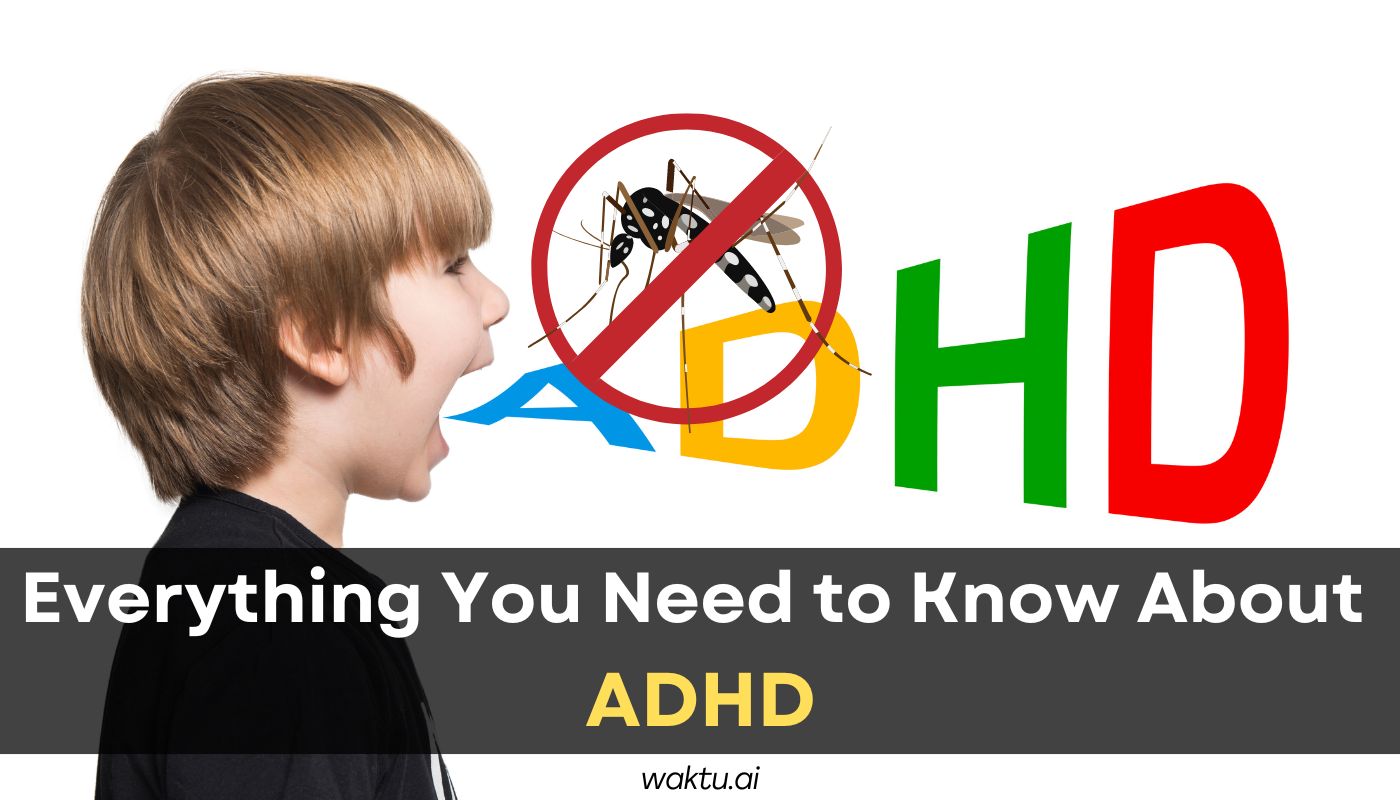Curious about ADHD? Our comprehensive guide covers everything from symptoms and causes to treatment and life strategies. Dive in and learn how to better support loved ones with ADHD.
About ADHD

Attention Deficit Hyperactivity Disorder (ADHD) is a neurodevelopmental disorder commonly diagnosed in children but can persist into adulthood. Individuals with ADHD may experience a range of issues including difficulty staying focused, hyperactivity, and impulsive behavior. It is important to recognize that ADHD can manifest differently in each person, with some showing predominantly inattentive symptoms, while others may exhibit more hyperactive and impulsive behaviors.
Symptoms of ADHD
ADHD is generally categorized into three main types based on the predominant symptoms:
- Predominantly Inattentive Presentation: Trouble focusing on tasks, missing details, difficulty organizing activities, and being easily distracted.
- Predominantly Hyperactive-Impulsive Presentation: Fidgeting, an inability to stay seated, excessive talking, interrupting others, and difficulty waiting for turns.
- Combined Presentation: A mix of inattentive and hyperactive-impulsive symptoms.
Each type can lead to significant challenges in daily functioning, both academically and socially.
Causes of ADHD
The exact causes of ADHD are still not fully understood, but several factors are believed to contribute to its development:
- Genetics: ADHD tends to run in families, suggesting a significant genetic component.
- Brain Structure and Function: Differences in brain anatomy and activity, particularly in areas associated with attention and impulse control, may play a role.
- Environmental Factors: Exposure to toxins during pregnancy, low birth weight, and brain injuries may contribute to the risk of developing ADHD.
Diagnosis
Diagnosing ADHD involves a comprehensive evaluation by a qualified healthcare professional. This typically includes a detailed history of the individual’s behavior, standardized behavior rating scales, and possibly an interview with people who interact with the individual regularly, such as parents, teachers, or close colleagues.
Treatment Options
While there is no cure for ADHD, there are several effective treatments available:
- Medication: Stimulants like methylphenidate and amphetamines are commonly prescribed and can help manage symptoms. Non-stimulant medications are also an option.
- Behavioral Therapy: This includes strategies to improve organizational skills, establish a routine, and enhance social interactions.
- Educational Support: Accommodations in the classroom such as additional time for tasks, a structured learning environment, and individualized teaching plans can be beneficial.
- Lifestyle Changes: Adequate sleep, a healthy diet, and regular physical activity can also help manage symptoms.
Living with ADHD
Living with ADHD can be challenging, but with the right support and strategies, individuals can lead successful and fulfilling lives. It’s crucial to foster a supportive environment that understands the difficulties associated with ADHD and provides encouragement and practical support.
Useful Resources
For more detailed information about ADHD, visit the following reliable resources:
- Center for Disease Control and Prevention (CDC) on ADHD
- National Institute of Mental Health (NIMH) on ADHD